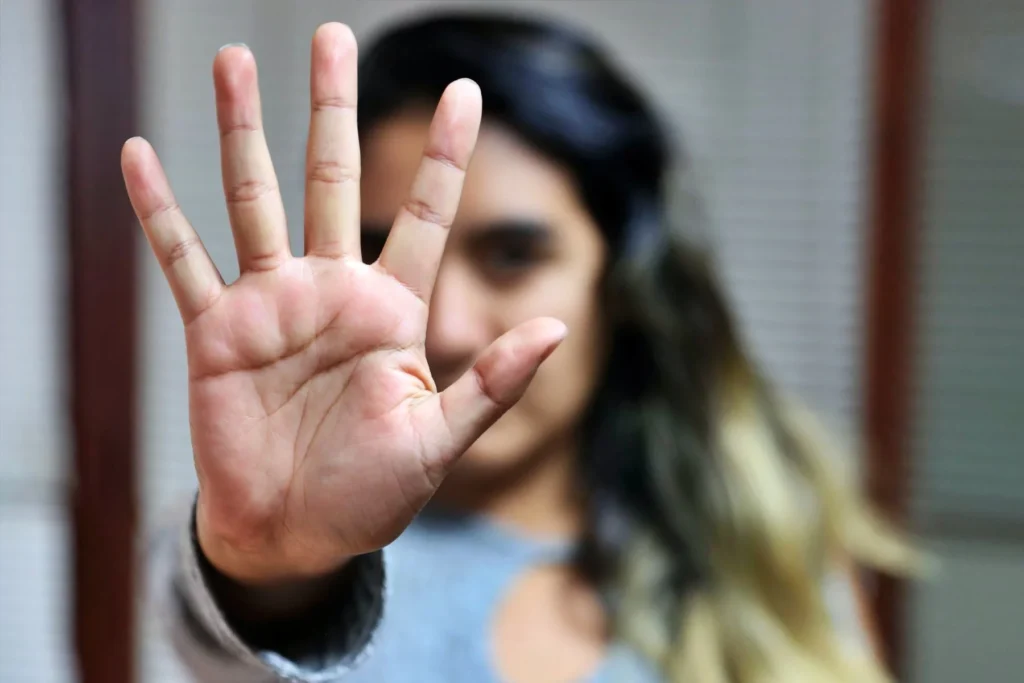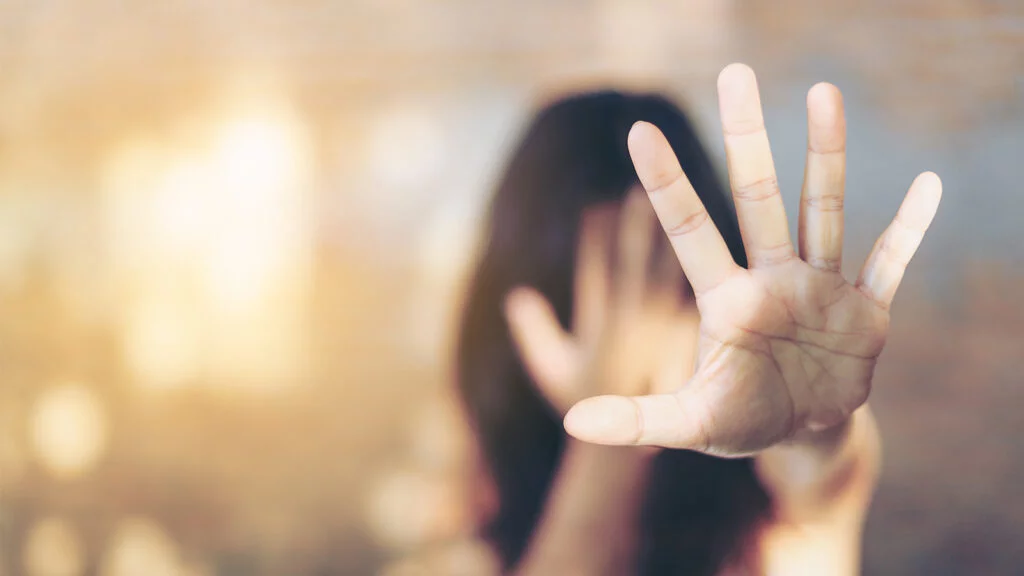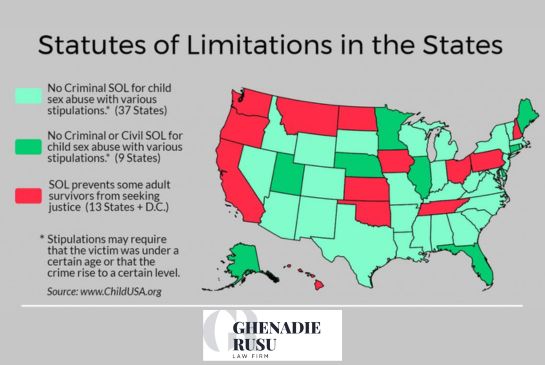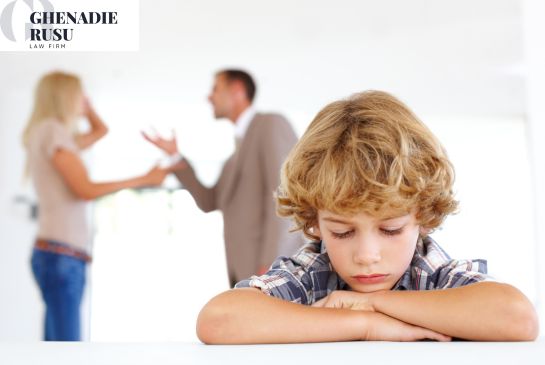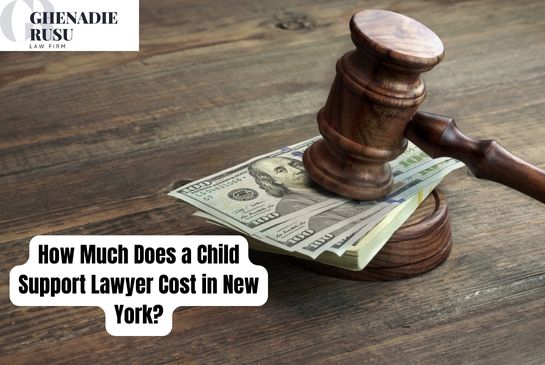The Violence Against Women Act (VAWA) is a critical piece of legislation in the United States aimed at addressing and combating violence against women. It was created to provide support and protections for victims of domestic violence, dating violence, sexual assault, and stalking. With its comprehensive approach, VAWA has played a crucial role in raising awareness, improving resources, and seeking justice for survivors. Let’s delve into the details and understand the significance of VAWA.
History of VAWA
VAWA was initially enacted in 1994 as a response to the alarming rates of violence against women in the country. It was the first federal law that recognized and responded to the severity of these issues. Since its inception, VAWA has been reauthorized and amended multiple times to strengthen its provisions and extend its reach.
Key Provisions of VAWA
VAWA encompasses several key provisions designed to protect and support victims of violence. It provides funding for victim services and prevention programs, ensuring that support systems are in place to assist survivors. Additionally, it offers legal remedies, such as protective orders, to help victims maintain their safety and well-being. One significant aspect of VAWA is its attention to immigrant survivors, offering them access to resources, support, and legal remedies regardless of their immigration status.
Expansion of VAWA
Over the years, VAWA has undergone expansions to address the evolving needs of different communities. Notably, it has increased protections for LGBTQ+ individuals who face unique challenges when seeking help and support. VAWA has also emphasized the importance of addressing violence in tribal communities, recognizing the impact of violence on Native American and Alaska Native women. Efforts to combat human trafficking have been integrated into VAWA as well, acknowledging the intersectionality of various forms of violence against women.
Criticism and Controversies
Despite its critical role in protecting victims and survivors, VAWA has faced some criticism and controversies. Certain provisions have been met with opposition, raising concerns about the balance between protecting victims and ensuring due process. Debates over funding and resources have also emerged, highlighting the challenges faced by organizations and programs working on the front lines. Nevertheless, ongoing discussions and potential reforms continue to shape the future of VAWA.
Impact of VAWA
VAWA has undeniably made a positive impact on addressing violence against women. It has increased public awareness, empowered survivors to seek help,and contributed to a significant reduction in domestic violence rates. The provision of funding and resources has enabled organizations to offer comprehensive support services to victims and implement prevention programs. Survivors have found solace and empowerment through the legal remedies provided by VAWA, allowing them to rebuild their lives with safety and security.
However, challenges remain, and there is room for improvement. Some areas that require attention include ensuring accessibility to services for marginalized communities, strengthening prevention efforts, and addressing the long-term impact of violence on survivors’ mental and emotional well-being. Ongoing evaluation and collaboration among stakeholders are essential to maximizing the impact of VAWA and continuously enhancing its effectiveness.
Resources and Support
If you or someone you know is experiencing violence, there are resources available to help. The National Domestic Violence Hotline (1-800-799-SAFE) provides confidential support, information, and local referrals. Many local organizations and shelters also offer assistance to victims of violence, providing a safe space and comprehensive support services. Online resources, such as websites and forums, can provide additional information and guidance.
Conclusion
The Violence Against Women Act (VAWA) plays a vital role in addressing violence against women in the United States. Through its provisions, funding, and support systems, VAWA aims to protect victims, empower survivors, and prevent future incidents of violence. It has brought significant positive changes, but there are ongoing challenges and areas for improvement. By recognizing the importance of VAWA and supporting its efforts, we can contribute to a safer and more just society for all.
It is important to consult with our office to understand how VAWA applies to your specific circumstances. Our knowledgeable attorney can guide you through the process, help gather the necessary evidence, and provide legal representation to strengthen your case.
Contact the Law Office of Ghenadie Rusu: Schedule a confidential consultation today to discuss your situation and learn how we can help you.
FAQs
1. Is VAWA only applicable to women? No, despite its name, VAWA extends its protections to all individuals, regardless of gender. It recognizes that anyone can be a victim of domestic violence, dating violence, sexual assault, or stalking.
2. Are LGBTQ+ individuals protected under VAWA? Yes, VAWA has expanded its provisions to include protections for LGBTQ+ individuals who experience violence. It acknowledges the unique challenges faced by this community and aims to ensure their safety and well-being.
3. How does VAWA address violence in tribal communities? VAWA recognizes the prevalence of violence against Native American and Alaska Native women and includes provisions specifically tailored to address violence in tribal communities. It works towards improving resources, jurisdictional issues, and support for survivors.
4. Can immigrant survivors seek support under VAWA, even if they have undocumented status? Yes, VAWA provides support, resources, and legal remedies for immigrant survivors, regardless of their immigration status. It aims to ensure that all survivors have access to help and support.
5. How can I support VAWA and its mission? You can support VAWA by staying informed about the legislation, advocating for its reauthorization and funding, and supporting local organizations that provide services to survivors of violence.

